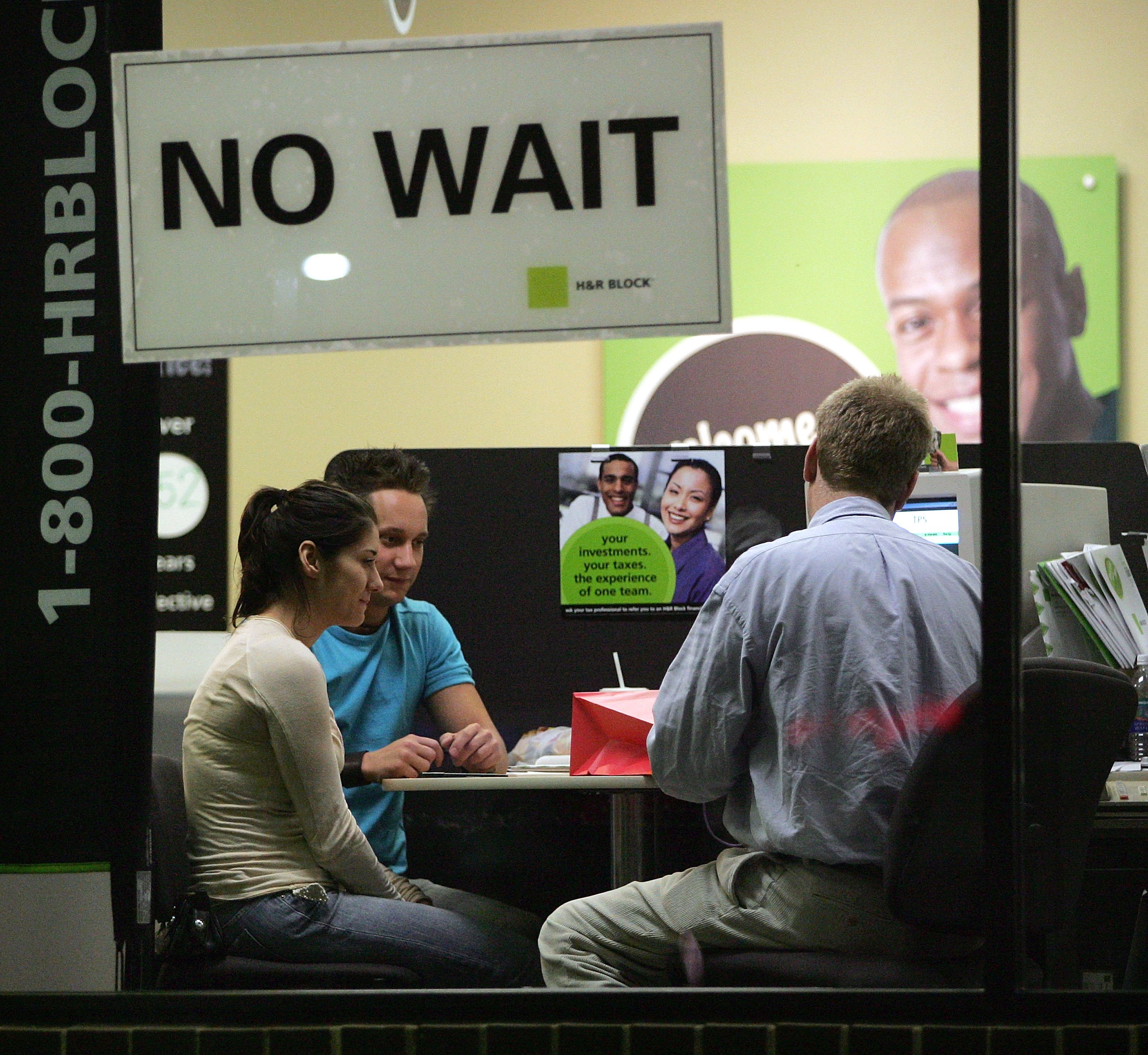Should you ask for an extension on filing taxes?

Find out what filing for an extension means exactly. USA TODAY
Tuesday, April 15, is the deadline for taxpayers to file their 2013 returns. And if you've mislaid a form – or if you simply overwhelmed by the process – it may seem like time is quickly running out.
But take heart: Unless you expect to owe the government money, you have all the time in the world.
"If you're expecting a refund, don't panic," said Stanley Veliotis, associate professor at the Fordham University Schools of Business.
"The sooner you file the better so you can get your money back, but it's not like you have to file on April 15. If you have a refund coming there's actually no penalty for filing after April 15."
NEED HELP: Get the latest tax news and advice[1]
LAST MINUTE TIPS: Some may help you save some money[2]
On the other hand, if you owe even a small amount to the Internal Revenue Service, it's a very different matter.
There are heavy penalties for not filing your taxes and paying up by April 15, including an additional 5% charge per month for the payment you failed to deliver on time, capped at a maximum penalty of 25%.
And on top of that, "there's always interest," Veliotis said. Currently, the IRS interest rate for underpayments is 3% annually.
So if you owe even a small amount, blowing off your taxes can be a costly mistake.
How to file for an extension
The good news is that any taxpayer is eligible for an extension no matter how much or little they owe, so long as they ask for one by April 15 by filling out the simple Form 4868[3] with the IRS.
The bad news, of course, is that you still owe the tax man – and simply asking for more time doesn't reduce your bill one penny.
Furthermore, it's important to note that an extension on filing your paperwork doesn't grant you any more time to pay up.
Your tax payment is still due on April 15 regardless of when you put your documents in the mail, and penalties and interest start on that date.
That's why on Form 4868[4] there is a field that allows you to prepay against your estimated tax liability, and paying even a small amount when you file for an extension is better than paying nothing.
If you don't prepay enough to cover your tax bill or if you simply don't have the cash to pay anything at all?
Then there is a 0.5% penalty on the unpaid balance for each month you have not paid your taxes, up to maximum rate of 25%.
Thankfully, that's a dramatic discount over the 5% monthly penalty for not filing at all. But it can still add up.
The bottom line, Veliotis said, is that the tax man is going to get paid one way or another.
So if you can't file your taxes and pay in full on tax day, ignoring the issue will only leave you farther behind.
It's also worth noting that tax experts agree that one of the simplest ways to win unwanted scrutiny from the IRS and find yourself an target of tax auditors is to ignore filing your taxes or attempting to make payment.
So don't pretend the IRS simply won't notice if you don't file.
"There's heavy penalties if a person owes taxes and files absolutely nothing by April 15," he said. "Giving the IRS something is much better than nothing. Because one way or another, they'll get paid."
Jeff Reeves is the editor of InvestorPlace.com and the author of The Frugal Investor's Guide to Finding Great Stocks.
References
- ^ http://www.usatoday.com/topic/ca4827db-f722-48dc-a3da-4a3acfa03867/tax-news-and-advice/ (www.usatoday.com)
- ^ http://www.usatoday.com/story/money/personalfinance/2014/04/13/your-money-last-minute-tax-tips/7617641/ (www.usatoday.com)
- ^ http://www.irs.gov/pub/irs-pdf/f4868.pdf (www.irs.gov)
- ^ http://www.irs.gov/pub/irs-pdf/f4868.pdf (www.irs.gov)










